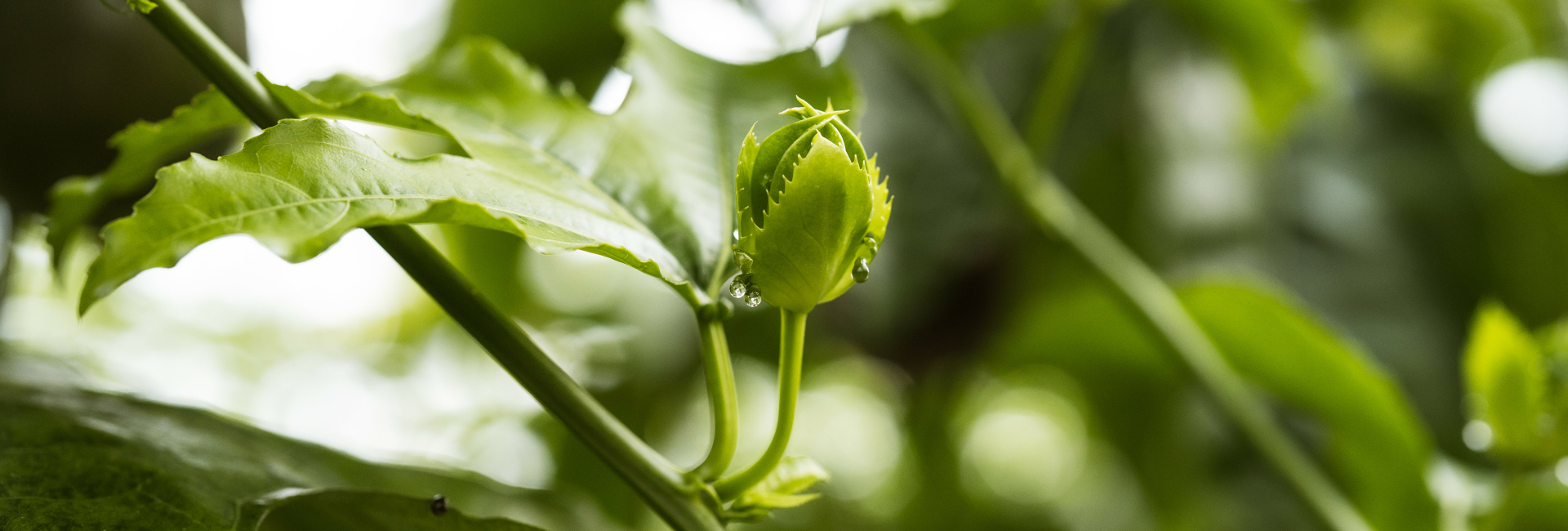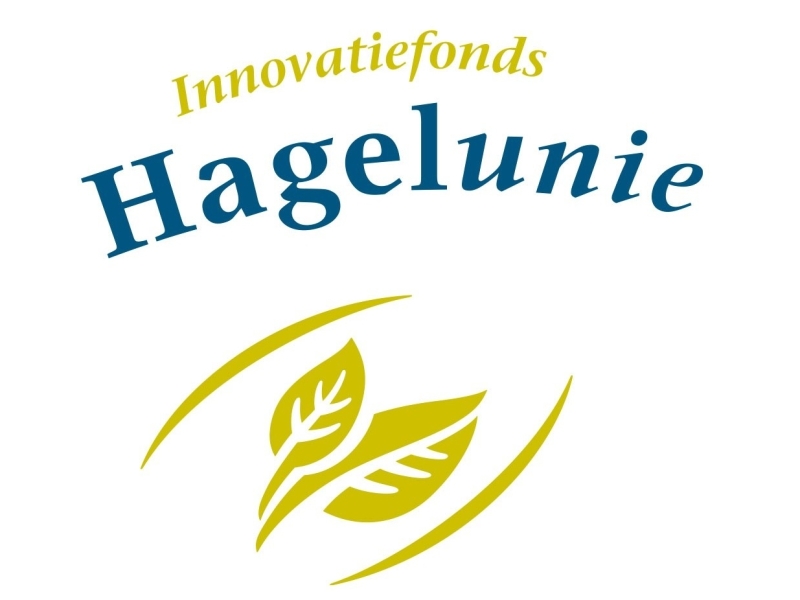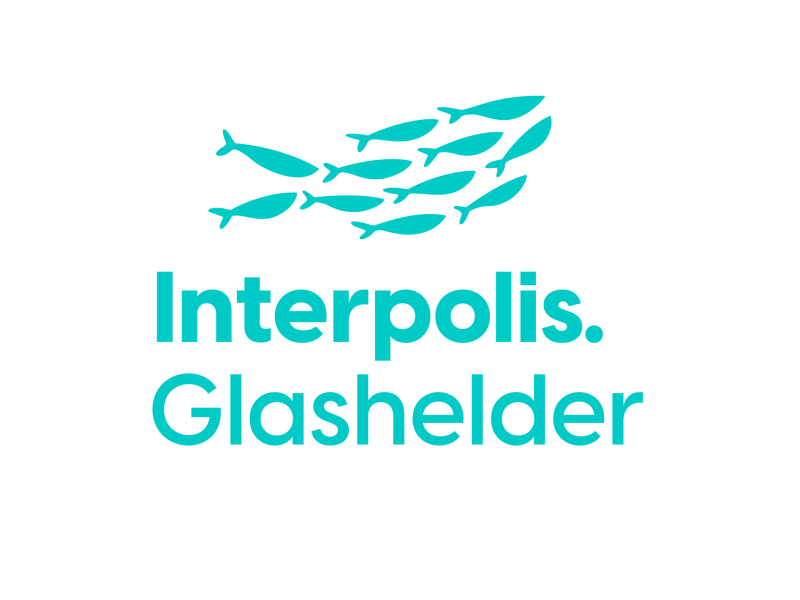The Dutch Passion Fruit Project
In recent years, tropical fruits have become more common in Dutch households. However, the quality of these imported fruits often leaves much to be desired. Additionally, it is well known that growing some of these products involves high water usage, significant pesticide pressure, and increasing problems with black metals.
For these reasons, InnoGrowers, in collaboration with WUR greenhouse horticulture, has developed a cultivation protocol for passion fruit. Currently, passion fruits are being grown on a limited scale in a Dutch greenhouse. By growing locally, the passion fruits can ripen on the plant, resulting in larger, sweeter, and juicier fruits. Moreover, the passion fruits are grown sustainably, with no use of pesticides.
For more information, click here to visit the website (Dutch).
Jack Bean Project
In late 2023, an initiative was launched to establish a consortium of growers focused on the long-term regional production of Jack Bean, at the initiative of Nextkidney. This bean is an essential raw material for an innovative home dialysis therapy for kidney patients.
Nextkidney developed the Neokidney, the world’s first truly portable device for home hemodialysis. This device increases patient autonomy, enables more frequent dialysis, and reduces healthcare costs. A crucial component of this system is the breakdown of urea through an enzyme derived from the Jack Bean.
Within the Jack Bean growers’ consortium, our company works together with six Dutch growers to carry out cultivation trials and upscaling activities. Different cultivation systems are being compared to develop an efficient and sustainable cultivation protocol, forming the basis for broad application of this therapy.
The Dutch Jack Beans project is carried out within OPZuid and is co-financed by the European Union.
More information about this project can be found on the Jack Bean project page.
Algae Project
(Innovative Marine Aquaculture Feeds B.V. - i-MAF)
To feed the world population and protect oceans from overfishing, aquaculture and fish farming are essential. In all natural marine ecosystems, microalgae, especially diatoms, form the basis of the food chain and are also the best and most sustainable choice for aquaculture. However, growing diatoms on-site by aquaculture companies is uncertain and costly. The commercial availability of diatoms is also limited and expensive. Currently, fish oil and fishmeal, sourced from wild catch, are used for the production of fish, shellfish, and shrimp. Besides leading to lesser results compared to diatoms, this method of production is not sustainable. Achieving a sustainable food chain is only possible if the base of the food chain is also produced sustainably. The aim of i-MAF is to achieve a breakthrough by growing and processing algae on a large scale and with consistent quality in a greenhouse, using new sustainable technological methods, to produce aquaculture products.
Cotton Cultivation
The cotton supply chain is complex, with many operations taking place in countries where human rights seem non-existent, environmental regulations are limited, and enormous amounts of water are used for cotton cultivation.
The Dutch greenhouse horticulture sector is uniquely positioned to make a difference in these areas. Dutch greenhouse horticulture focuses on saving water, nutrients, and reducing pesticides, while also improving production and quality. This enables the sector to offer alternatives for producing high-quality cotton for new clothing and improving the quality of recycled fibers. By smartly using natural enemies in the greenhouse, cotton was grown almost without the use of pesticides during the 2023 trial.



